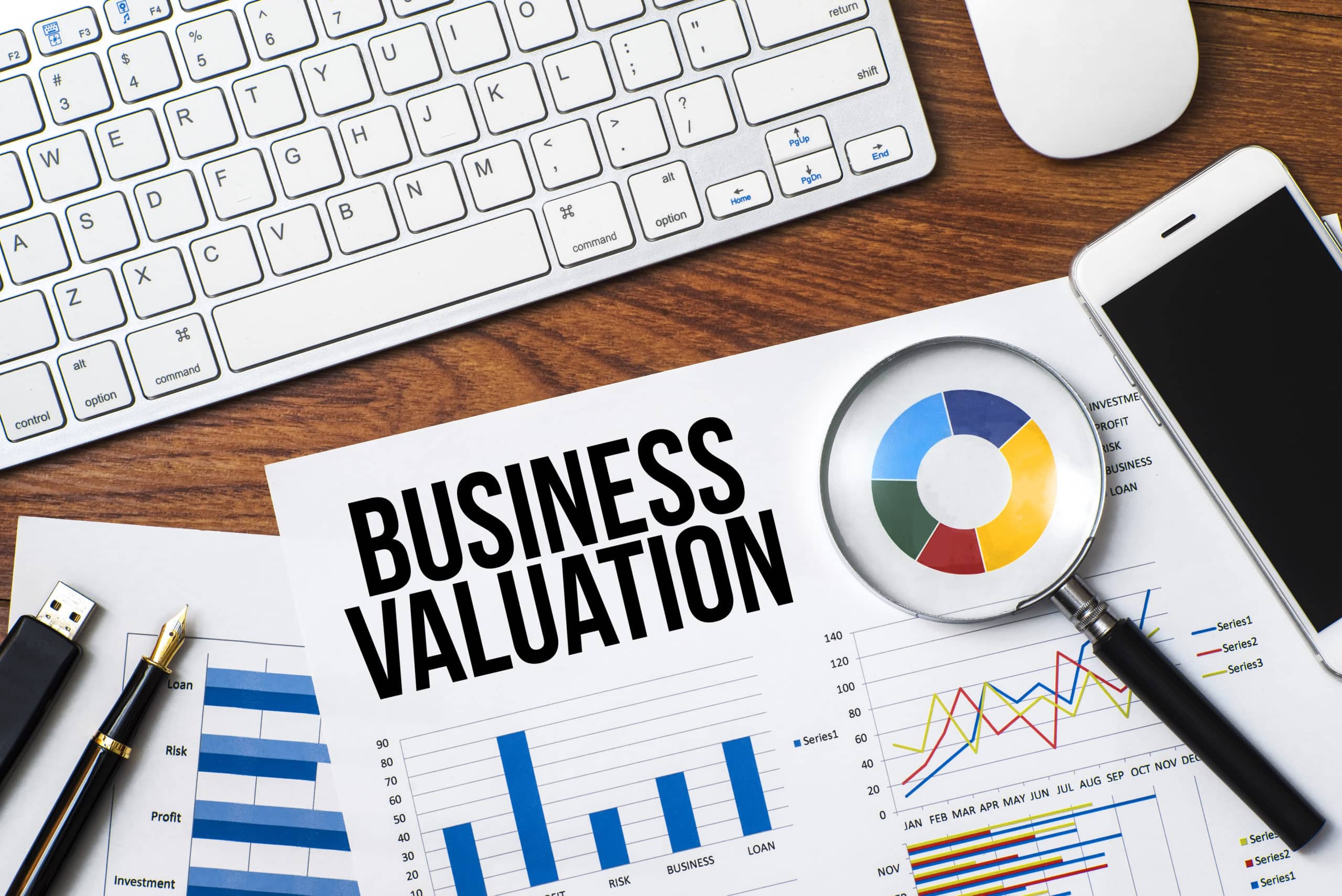Author: Bob Press (TAP Financial Partners)
After putting your heart, soul, blood, sweat, tears, and many other resources into the building of your business, it’s natural to believe what you’ve created has significant value. And it does, to yourself, your family, and others who depend on the company for their livelihoods.
But that doesn’t mean outsiders less connected to the journey will see things the same way. In fact, they’ll take all of what makes things personal to you and replace it with specific calculations that enable your company to accurately be compared to others in relation to current marketplace factors.
Here are three methodologies that are often applied to company valuation:
- Comparable Company Analysis (“Comps”) is a relative valuation method where you compare the current value of a business by establishing a peer group of similar companies (based on industry, size, geographic area, growth rates, profitability, etc.). This information then determines a multiple based off a valuation metric (enterprise value) to a financial performance metric (sales or earnings before interest, taxes, depreciation, and amortization/EBITDA). Comps are commonly based on multiples of transactions within the same industry, enabling analysis to back into the value of a peer company based on purchase price benchmarks.
- Discounted Cash Flow (“DCF”) is a valuation technique that projects future cash flow for a limited number of years and then adjusts those numbers using a discount rate (assumption) to account for the time value of money. To complete a DCF, cash flows are projected by evaluating & accounting for a set of assumptions about how the business is expected to perform in the future.
- Precedent Transaction Analysis (“M&A Comps”) is a valuation method focused on the price paid for similar companies in the past to indicate a company’s current value, typically utilizing the same multiples as Comparable Company Analysis. However, unlike CCA, M&A Comps analysis derives value based on the price paid by the purchaser. This analysis uses past performance results and information to create reasonable multiple estimates based on what others have paid.
Business valuation can be a confusing, but also an exhilarating, process for those looking to understand the value of an enterprise that’s been built and how that translates into what others would realistically pay for it on the open market. TAP Advise can help company leaders appropriately evaluate the pros and cons of various valuation metrics and make data-driven decisions based on the information each can provide.
If you are interested in further discussing how business valuation can impact your current and future strategies, please contact us at info@tap-advisory.com to be connected to an advisor that can provide an expert’s perspective on your specific situation.

0 Comments